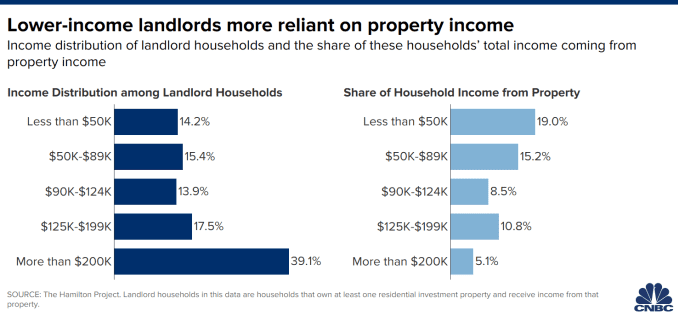Boston Condos for sale Sale and Rent
Both Renters and Boston Apartment landlords are hurting
It’s been tough to get good data on rent payments during Covid.
Dispatches from the National Multifamily Housing Council show collection rates never dipped below 93 percent — a seemingly healthy figure. Yet the oft-cited survey covering 11 million apartments draws only from larger, professional management companies and counts partial payments the same as full ones.
A recent report by Harvard’s Joint Center for Housing Studies fills some of those gaps.
The authors surveyed nearly 3,000 landlords across 10 cities, including Los Angeles and San Jose, California, and Albany and Rochester, New York. They found that payments short of what was due grew significantly throughout the pandemic, hurting mom-and-pop owners disproportionately.
The results also show how landlords adjusted their business practices to cope. Some made changes that benefited their tenants, but renters of color were cut less slack and penalized more often.
Among the landlords polled, in 2019, nine in 10 reported collecting at least 90 percent of rent due. Last year, only six in 10 did.
Severe debts rose as well. Over a quarter of landlords last year brought in between 50 percent and 89 percent of the rent due; 9 percent collected less than half of what they were owed.
Mom-and-pop firms were hit hardest, with 20 percent reporting they were owed at least half of their charged rent, compared to 8 percent of mid-sized owners and 5 percent of large firms.
Across the board, however, landlords adjusted their businesses to deal with the declines. Many cut renters breaks.
In 2019, only 15 percent of landlords granted a rental extension; the next year, nearly half did, “making it by far landlords’ most common practice during the pandemic,” the study said. And one-fifth of landlords forgave outstanding rent or reduced rents altogether last year, compared to 3 percent and 4 percent, respectively, in 2019.
They also put off maintenance. The portion of landlords who said they had delayed repairs rose to 31 percent in 2020 from just 5 percent in 2020.
And they struggled to pay their own bills. Owners who reported missing at least one mortgage, utility or property tax payment in 2020 rose 15 percentage points. The portion who listed a property for sale jumped 10 percentage points.
But when they did pass the impact onto tenants, communities of color, already disproportionately affected by the pandemic, bore the brunt.
Landlords with apartments in those communities were 25 percent less likely to forgive rent, 30 percent less likely to decrease it and 30 percent more likely to charge late rent fees, compared to owners in majority white areas. The racial discrepancy was more pronounced than in comparisons based on household income.
The higher rates of ‘punitive action from landlords,” the report said, suggests “the pandemic has only exacerbated existing racial inequality in housing markets.”
Boston Condos for sale Sale and Rent
____________________________________________________________________________________________________________________________
Boston Real Estate

Boston real estate
For example, rent makes up 19% of household income for those making less than $50,000 a year, and 15% for those making $50,000 to $89,000 a year, the analysis found. By comparison, residential landlords who make more than $200,000 a year derive about 5% of their annual income from rent.
Despite all the emphasis on owning a home as the American Dream, renting is better for the poor, according to a Rutgers University economist.
The reason, renting is flexible. A lease is over in a year and some families have month-to-month tenancies. A family can move up or down in the renting ladder as it needs to, depending on its financial circumstances.
Homeownership, in contrast, is inflexible. The mortgage payments, taxes, and insurance are all fairly fixed. When tough economic times come along, home-owning families get pinched by these high fixed costs.
The current financial crisis was caused by owner-extended homeowners who went into foreclosure. But the government programs has not adjusted its policies to reflect the hazards of homeownership. Government programs have been established to adjust mortgage payments to help keep people in their homes. These programs, however, may be misguided. A significant portion of families who have their mortgage adjusted still end up in foreclosure. The burden of homeownership is just too great.
Even if foreclosure is averted, the problem I see of low-income Americans is that all their possible savings are absorbed by the financial demands of homeownership. Other savings goals – such as saving for children’s higher education or for retirement – well, get ignored.
The ultimate goal is not the American Dream of homeownership, that this Rutgers economist suggests, but the upward mobility for a family and its children. In this view, I agree, renting is not just only okay, it’s downright beneficial.
Source: Rutgers University economist. WSJ and SPOA